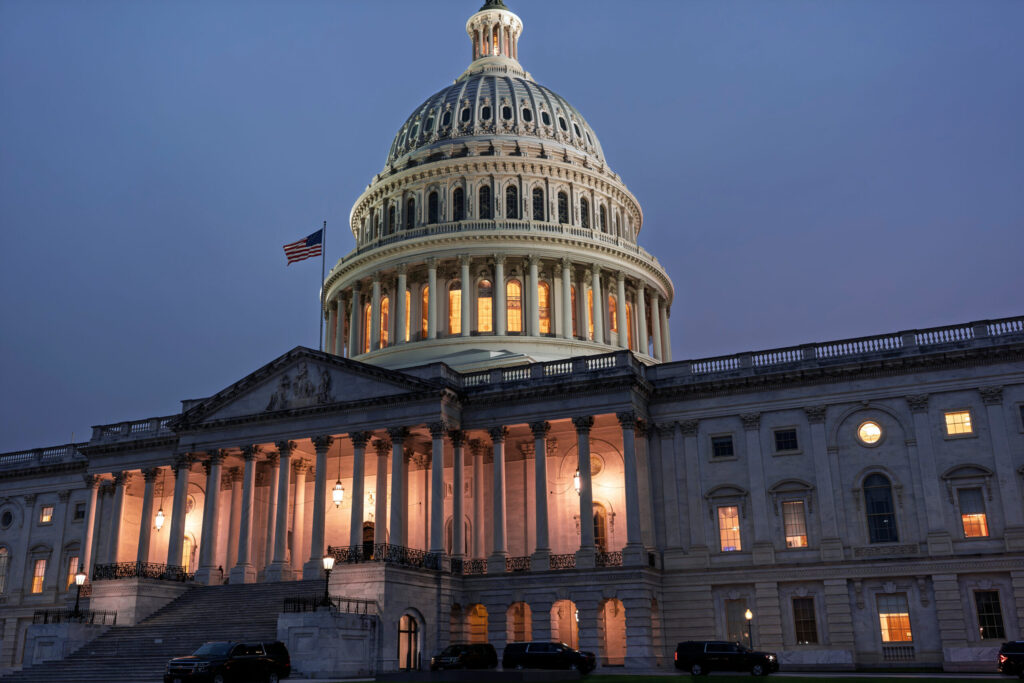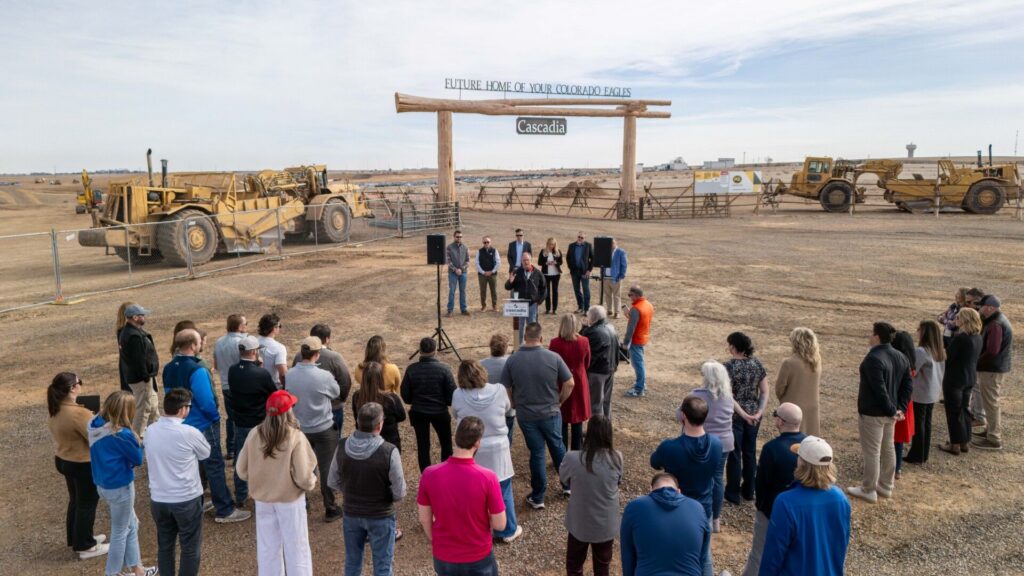Denver’s $1 billion bond campaign faces ethics complaint

A group that is seeking to push back on government debt argued that big dollars are rolling in from funders supporting Mayor Mike Johnston’s $1 billion debt package and alleged some of those contributions may be legally prohibited.
The group said the contributors included entities that receive taxpayer funding, questioning whether public money is going to the campaign that seeks to persuade voters to support the borrowing package.
Denver Mayor Mike Johnston is asking residents to let the city take on nearly $1 billion in new debt as part of his “Vibrant Denver” bond initiative on the Nov. 4 ballot.
City officials have framed the bond as a “much-needed” investment in the city’s future, aimed at repairing and improving infrastructure and community spaces, including roads, bridges, parks, playgrounds, recreation centers and libraries.
On Thursday, Jason Bailey filed an ethics complaint with both the Colorado Secretary of State and the Denver Elections Division, asserting the Vibrant Denver Bond Campaign, which supports passage of all five ballot measures tied to the bond, is “receiving public tax money while advocating for a YES vote.”
“The complaint is completely baseless,” Mike Strott, a spokesperson for the Vibrant Denver Bond Campaign, told the Denver Gazette in an email. “The organizations identified in the complaint are not public entities. They are all independent nonprofit organizations.”
Stott added that there are no restrictions on these entities contributing to campaigns, nor is there any restriction that prohibits a campaign from accepting their contributions.
Specifically, Bailey cited contributions made from some of the city’s most prominent arts and cultural organizations that use public tax money from the Scientific and Cultural Facilities District (SFCD).
This Denver-area tax district funds local arts and science organizations through a 0.1% sales and use tax.
“When that money’s coming into an organization, you can divide that up any way you want,” Bailey told the Denver Gazette on Monday. “You can say, ‘Hey, bucket A is tax money from SCFD, and bucket B is ticket sales, and bucket C is donor receipts.”

However, Bailey said, when the money is coming in, that’s one thing, “but when it’s going out, that’s a different story.”
“You can’t make an external gift and then say, ‘Well, this is how we’re going to classify the external gift.’” He said. “I just don’t buy that at all when it’s going out. It has to be proportionally divided according to the income coming in.”
According to SearchLight, the city’s online campaign finance dashboard, the top donors supporting the Vibrant Denver Bond package included the following:
- Philanthropist and Mizel Museum founder Larry Mizel: $65,000
- Visit Denver: $50,000
- Colorado Museum of Natural History: $50,000
- Heart of Denver: $50,000
- Denver Zoological Foundation: $50,000
- Denver Center for the Performing Arts: $50,000
- Denver Botanic Gardens: $50,000
- Denver Art Museum: $40,000
The Colorado Museum of Natural History, the Denver Zoological Foundation, the Denver Center for the Performing Arts, the Denver Botanic Gardens and the Denver Art Museum are each listed on the SCFD website as Tier I organizations, which receive 64% of the SCFD funds.
The Denver Gazette reached out to some of the identified donors but has yet to receive a response, likely due to the city holiday on Monday.
According to the statewide campaign finance law known as the Fair Campaign Practices Act, public tax dollars may not be used to campaign for or against a bond initiative.
However, public funds may be used to provide neutral, factual information to voters.
Both the Denver Elections Office and the Secretary of State’s Office have acknowledged receipt of the ethics complaint.
The Denver City Council voted unanimously less than three months ago to put the borrowing plan on the ballot, which will ask voters for authorization to issue general obligation bonds of up to $950 million.
Citing economic uncertainty, the city’s Department of Finance has recommended that the bond not exceed $950 million.
Depending on the terms, such as the number of years to pay for the borrowed dollars, and how the debt is structured, Johnston’s bond could eventually cost the city’s taxpayers twice the proposed amount.
City officials said they have no intention of extending the bond beyond six years. They also said they are being cautious to maintain Denver’s AAA bond rating, which keeps the cost of borrowing money low.
The maximum total cost for this bond is $1.897 billion, Laura Swartz, communications director for Denver’s Department of Finance, told The Denver Gazette on July 29.
“This total comes from the ballot questions that people will vote on in November, and the city cannot exceed it,” she said, noting “a more likely scenario based on our debt structure and low cost of borrowing is about $1.4 billion.”










